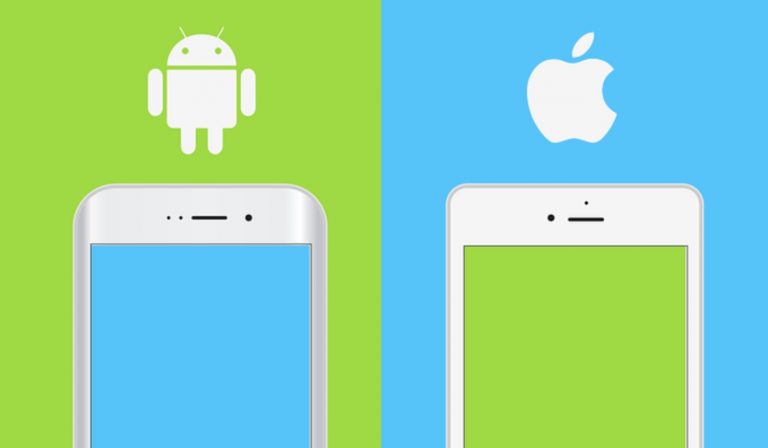When analysing industry data, it’s clear that Android and iOS are almost inseparable in the market share of mobile operating systems in the UK as of 2020. But that wasn’t always the case. Android has enjoyed a remarkable surge in popularity over the past decade. Meanwhile, they held less than a 7% share in 2010, when Apple and Blackberry ruled the roost.
The former is still going strong, of course, and in many people’s eyes is leading the way when it comes to tackling cyber security. But how exactly does iOS guard against the ubiquitous threat of attacks, hacks, and data breaches? How does the Android operating system do it, and how do the two compare? Read on to find out more.
Story Stages
Two different approaches to cyber security
Apple and Google are two very different businesses, which means they tackle the issue in contrasting ways. The former is more prepared to do whatever it needs to keep its users and their data safe. Google, on the other hand, is set up differently. It has to satisfy many more stakeholders – not least its army of developers – so it cannot afford to be so bullish in its approach.
There are a couple of similarities in their methods, however. For example, both offer in-built security features, and both can fully support a connection to a Virtual Private Network (VPN). A VPN can be especially important for Android devices.
What are some of the key differences?
- Most of the Android OS is open source, which means potential hackers can more easily access it.
- Apple devices and their OS are inextricably linked, but this relationship does not exist between the Android OS and the multiple devices it can integrate with. This can lead to serious security issues.
- It’s a similar story when it comes to updates, as Google has too many devices to contend with to maintain a consistent level of security across the board. The price of broader choice, therefore, may be lower protection from cyber attacks.
How can your mobile suffer from a malware attack?
Unfortunately, there are several ways in which malware can make its way onto your device. Downloading infected apps, using public or unsecured Wi-Fi networks, and opening suspicious email attachments or links can all offer cybercriminals a way into your sensitive and personal data. This might also affect your signal connection, to prevent that you should consider getting a signal booster. More on that on this website.
To guard against these risks, you should only install apps from reliable sources, connect to a VPN, use strong and varied passwords on all your accounts, install firewall and antivirus technology, and regularly update your software.
